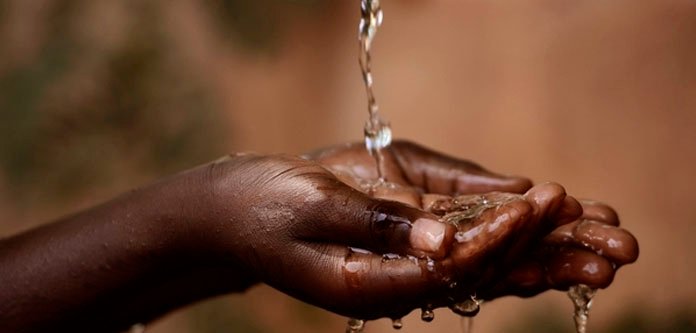Africa will need to prioritize on access to clean water after COVID-19, as the World Health Organization (WHO) has recognized the importance of water, sanitation and hygiene (WASH) in its interim emergency guidance.
One of the main steps put in place by The World Health Organization (WHO) to help curb the spread of the corona virus is washing hands with soap and clean-running water yet in Sub-Saharan Africa, nearly 63% of populations in town areas find it challenging to access basic water services.
Hence, many cannot wash their hands regularly as required, further, an estimated 70% to 80% of the region’s diseases like typhoid, cholera and dysentery are attributed to unavailability of clean water; this is according to a recent report by WHO and UNICEF.
In recent years, most African cities have had to take drastic measures to help reduce the frequent water shortages experienced in their regions.
A good example is Cape Town’s extraordinary water shortage in 2018 where South African authorities avoided disaster by a flicker by rationing drinking water to 50 liters per inhabitant per day in a city that was used to consuming lots of water.
RELATED:
Outgoing UNESCO Africa water envoy shares solutions to Africa’s water challenges
In the same year, Bouaké in Côte d’Ivoire received emergency financing of US$8.5 million from the World Bank to cope with a serious water shortage. As a result, two compact water treatment plants and 20 new wells were constructed , 82 hand pumps in the villages were rehabilitated which has helped connect to the city’s water system, and frequent distribution of safe water by water tankers.
Strategies to be put in place
Rapid strategies should be put in place by African governments that will ensure availability of clean water, sanitation and hygiene services for all citizens both in urban and rural areas.
Also, the governments should guarantee the financial viability of water utilities: According to a recent World Bank study on the performance of water supply services in Africa, it revealed that half of the region’s utilities do not have the revenues to cover their operation and maintenance costs, therefore leading to immense water shortages.
Most African countries should urgently build up the operational capacities of both public and private utilities to be able to supply clean water adequately. However, they need to do this at an acceptable tariff while remaining financially viable.

